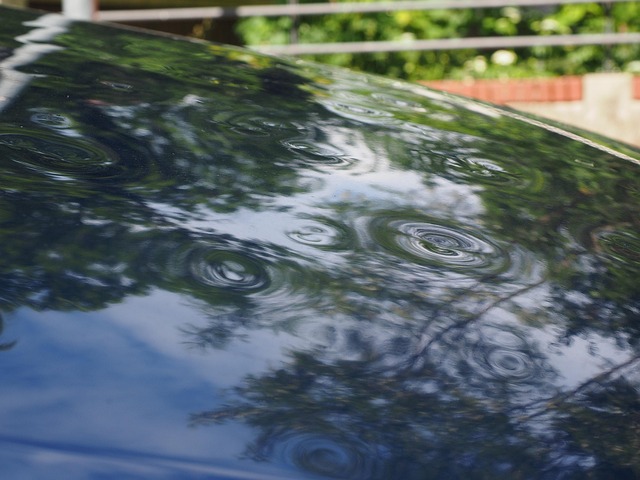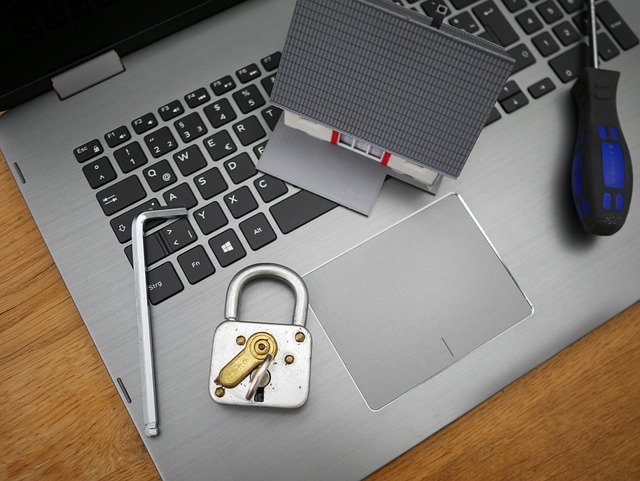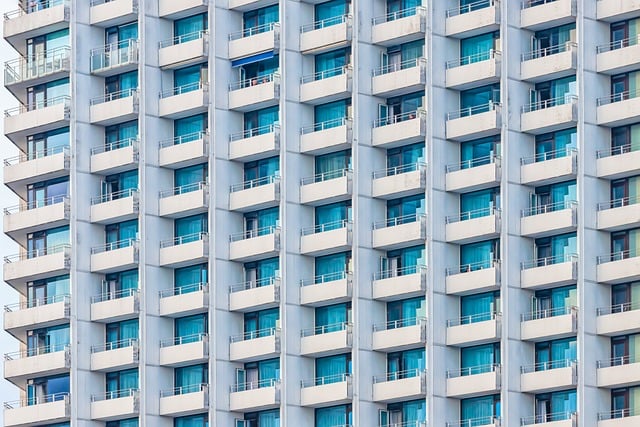Landlords and tenants alike are bound by strict laws regarding rental property mold inspection and remediation to ensure a safe living environment. Landlords must conduct regular assessments, maintain proper ventilation, and quickly address any mold issues to avoid legal tenant rights mold and legal mold problems. Tenants have the right to report and document suspected mold, and open communication with landlords can prevent recurring mold in rental homes. Ignoring mold poses significant health risks and potential legal consequences, including fines, lawsuits, and lease terminations. Regular inspections and swift action are crucial for both parties' protection.
In today’s world, understanding the nuances of rental property mold inspection requirements is paramount. With growing awareness of health risks associated with mold and its prevalence in residential spaces, both tenants and landlords must be adeptly informed. This article delves into the critical aspects, including legal obligations, rights, and responsibilities regarding mold in rental homes. From tenant complaints to landlord duties, we explore the implications of ignoring mold issues and equip readers with essential knowledge for navigating these challenges effectively.
- Understanding Rental Property Mold Inspection Laws
- Tenant Rights and Responsibilities Regarding Mold
- Landlord Obligations for Mold Prevention and Remediation
- Legal Implications of Ignoring Mold Issues in Rental Homes
Understanding Rental Property Mold Inspection Laws
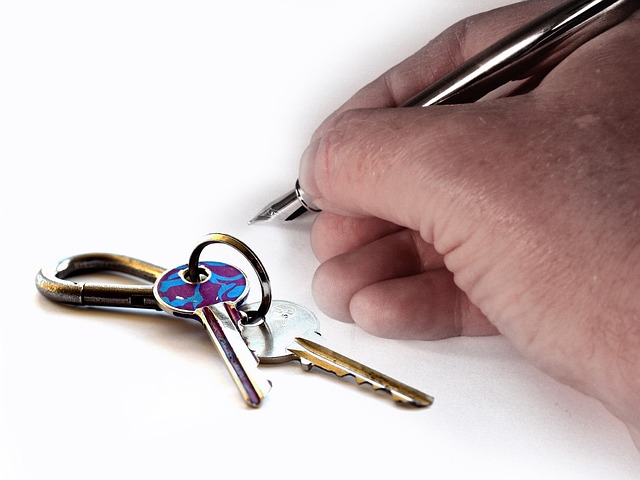
Understanding Rental Property Mold Inspection Laws is crucial for both landlords and tenants to ensure a safe living environment. In many regions, there are strict regulations regarding mold inspection in rental properties, which are designed to protect tenant rights and health. Landlords are typically responsible for conducting regular mold assessments and addressing any legal mold issues promptly. This involves inspecting for mold in hidden areas like walls, basements, and attics, as it can often go unseen but pose significant health risks.
Tenants have the right to live in a mold-free environment and should be vigilant about reporting any signs of mold or tenant mold complaints. Knowing their rights empowers them to advocate for their well-being. Landlords who fail to comply with these regulations may face legal consequences, including fines and lawsuits, as they are legally obligated to maintain a safe property. Regular inspections not only mitigate risks but also demonstrate landlord responsibilities in ensuring the health and safety of their tenants.
Tenant Rights and Responsibilities Regarding Mold

Tenants have a right to live in safe and healthy conditions within their rental property. This includes protection against mold, which can pose significant health risks. When tenants suspect or discover mold in their rental home, they should document it with photographs and notify their landlord immediately. They have the right to expect the landlord to take appropriate actions to address the issue promptly, ensuring the safety of the living environment.
The responsibilities of both tenants and landlords are crucial in managing mold-related issues. Tenants must report any visible signs or symptoms of mold growth and take reasonable precautions to avoid further contamination. Landlords are obligated to conduct regular inspections, maintain proper ventilation and humidity levels, and address any identified mold problems promptly to prevent legal mold issues and tenant complaints.
Landlord Obligations for Mold Prevention and Remediation
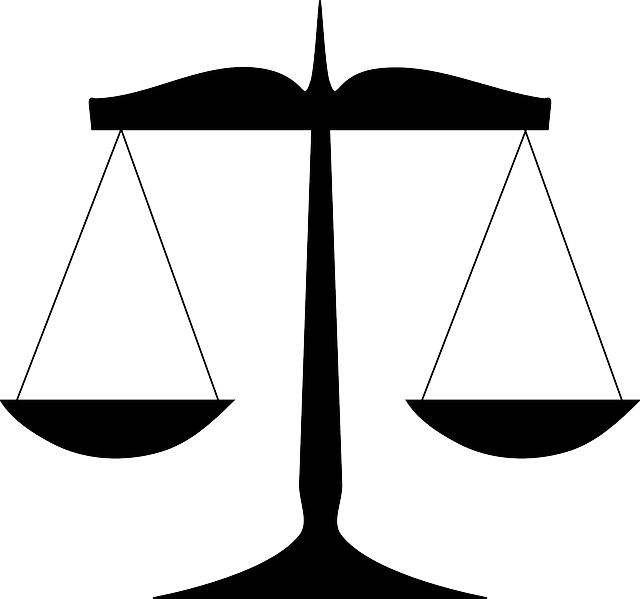
Landlords have a legal obligation to ensure their rental properties are safe and habitable, which includes taking proactive measures to prevent and address mold growth. Mold in rental homes is a significant concern as it can cause health issues for tenants and lead to legal mold issues. According to tenant rights advocates, landlords must conduct regular inspections to identify potential mold problems and take swift action to remediate them. Failure to do so may result in tenant complaints and legal repercussions.
The responsibility for mold prevention extends beyond routine inspections. Landlords should implement strategies such as improving ventilation, addressing water leaks promptly, and ensuring proper drainage around the property to minimize moisture levels. Regular communication with tenants about these measures can also foster a collaborative environment, empowering tenants to report any signs of mold immediately. Prompt remediation is key; when mold is discovered, landlords must take immediate action to mitigate the issue, restore the property to a safe condition, and ensure there are no recurring problems.
Legal Implications of Ignoring Mold Issues in Rental Homes

Ignoring mold issues in rental homes can have significant legal implications for both landlords and tenants. When mold grows in a property, it’s not just an inconvenience; it can pose serious health risks to occupants, particularly those with respiratory conditions or allergies. Tenants have rights when it comes to living in a safe and healthy environment, and mold-related issues are a key part of these considerations.
Landlords are responsible for maintaining rental properties in a habitable condition. Neglecting to address mold problems can lead to tenant complaints and legal action. In many jurisdictions, tenants may be entitled to compensation or even termination of the lease agreement if they can prove that the landlord was aware of the mold but failed to take appropriate action. Legal mold issues can result in substantial fines and damages for landlords, so it’s crucial to ensure regular inspections and prompt remediation when mold is discovered.

